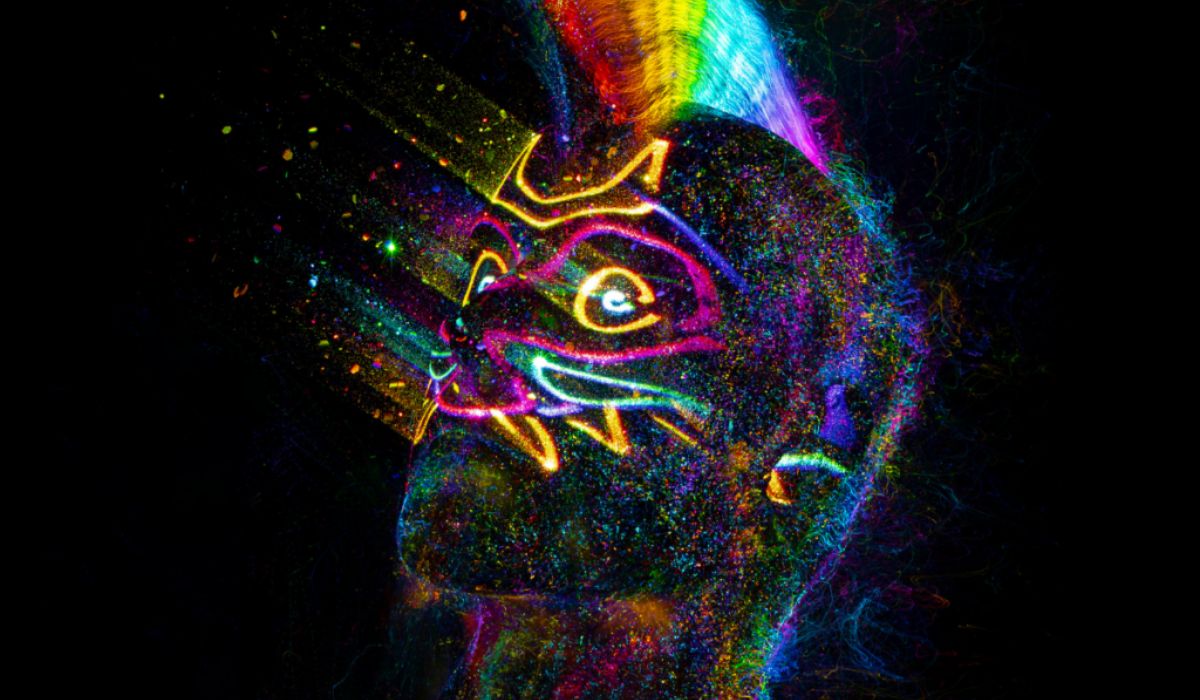Chinese NFT platforms don’t want you to trade NFT anymore

The initiative is designed to make it more difficult to trade NFTs and impossible to speculate in them. Ultimately, the changing political atmosphere surrounding NFTs may help test whether they have any intrinsic value.
In the US, most NFTs are minted on the Ethereum blockchain and traded in Ethereum; they are among the most hyped cryptocurrency products in recent years. But in China, where cryptocurrency trading and mining are banned, NFTs have managed to find a breathing space by staying away from crypto. Instead, major technology companies such as Alibaba and Tencent have their own NFT marketplaces. Popular brands such as Audi and McDonald’s, which issued NFT offers to Chinese consumers to jump on the bandwagon, did not host them on public blockchains.
However, there has always been a sense of uncertainty in the industry: As with all young technological creations that don’t fit into traditional regulatory frameworks, the countdown to when the Chinese government would step in started early. Since 2017, China has maintained a tough stance against crypto unmatched around the world. The Chinese financial and cyber regulators have yet to outright ban trading in NFTs, but the silence casts a long shadow over the business.
This new joint declaration is not an official government statement, but it is close. “Although the mortgage deed has no legal effect, it is something binding on the members of these three associations,” said Jay Si, a Shanghai-based lawyer at Chinese law firm Zhong Lun.
While the state is quietly considering its move, NFT industry players are trying to stay on the safe side.
For example, NFT platforms owned by the prominent Chinese technology companies do not use the term “NFT” anywhere. Instead, they call them “digital collectibles.” The idea is that they’re not much different from your Funko Pop toys or vinyl collections, except that they’re online, on privately owned blockchains that aren’t completely transparent to the public. Collectors must purchase them with government-issued currency, and resale is not permitted.
Alibaba, for example, released its NFT app Jingtan in December and now releases NFTs as often as every day. These limited edition offerings – typically 10,000 copies of famous Chinese artworks or works by digitally native artists – sell for prices no higher than $5. Buyers may have to click for milliseconds to secure their purchase, but it doesn’t cost much. And once they own it, they must wait six months before “giving” the item to another user, who must wait another two years before giving it again. Last year, Alibaba banned its own second-hand marketplace from listing NFT products. Because of these rules, the NFTs have no official resale value, so they will not function as a financial investment.























